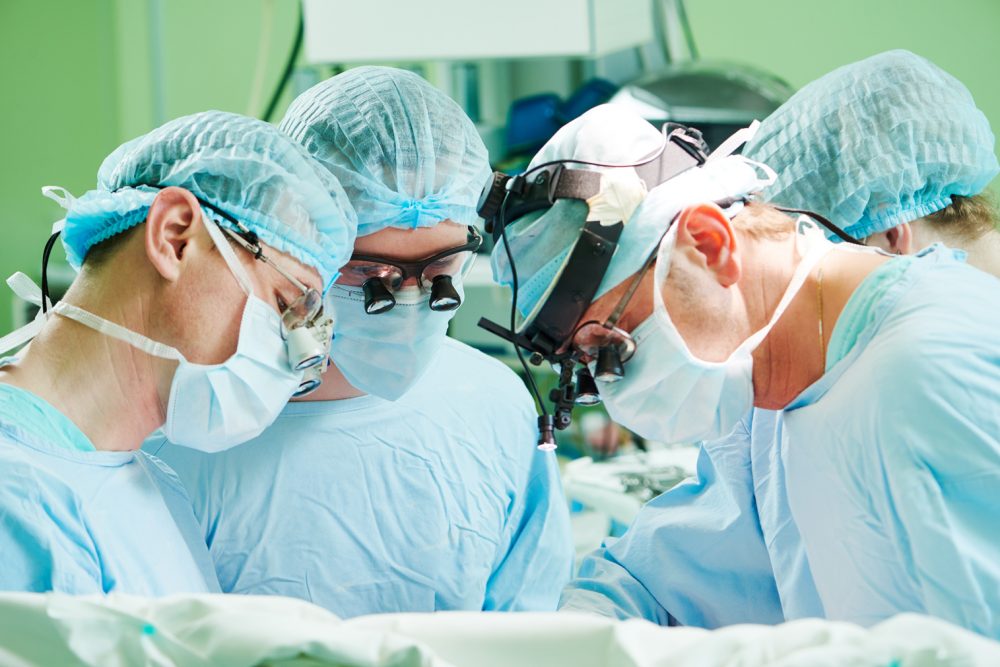Advertisment
Troponin emerges as marker of death risk after cardiac surgery

Canadian researchers report that troponin levels after cardiac surgery could be a significant marker for 30-day mortality risk. Their findings were published on March 2, 2022 in the New England Journal of Medicine.
“This study is a landmark for the health teams taking care of patients after cardiac surgery. For the first time, we have a marker that is fast and reliable for the monitoring of these patients after cardiac surgery,” said investigator and heart surgeon André Lamy, M.D., professor of surgery at McMaster University in Hamilton, Ontario.
The investigators conducted an international prospective study enrolling subjects 18 years of age or older who underwent cardiac surgery.
The researchers obtained high-sensitivity cardiac troponin I measurements (upper reference limit, 26 ng per liter) at 3-12 hours after surgery and on days 1, 2, and 3 after surgery.
Of 13,862 subjects, 296 (2.1%) died within 30 days after surgery.
The authors reported that, among subjects who had isolated coronary-artery bypass grafting or aortic-valve replacement or repair, the threshold troponin level, measured within 1 day after surgery, that associated with an adjusted hazard ratio of more than 1.00 for death within 30 days was 5,670 ng per liter, a level 218 times the upper reference limit.
Among subjects who had other cardiac surgery, the threshold troponin level was 12,981 ng per liter, a level 499 times the upper reference limit.
“We found that the levels of troponin associated with an increased risk of death within 30 days were substantially higher – 200 to 500 times the normal value– than troponin levels that surgical teams are currently told defines the risk of a patient having one of the most common complications after heart surgery – myocardial injury, a heart muscle injury associated with increased deaths,” said lead investigator and cardiologist, P.J. Devereaux, M.D., Ph.D, professor of medicine and health research methodology McMaster University in Hamilton, Ontario.
The authors concluded, “The levels of high-sensitivity troponin I after cardiac surgery that were associated with an increased risk of death within 30 days were substantially higher than levels currently recommended to define clinically important periprocedural myocardial injury.”
Heart surgeon and investigator Richard Whitlock, M.D., PH.D. professor of surgery at McMaster University, added, “Our findings will help further studies look at the timing of treatments and procedures to improve patient outcomes after heart surgery.”





